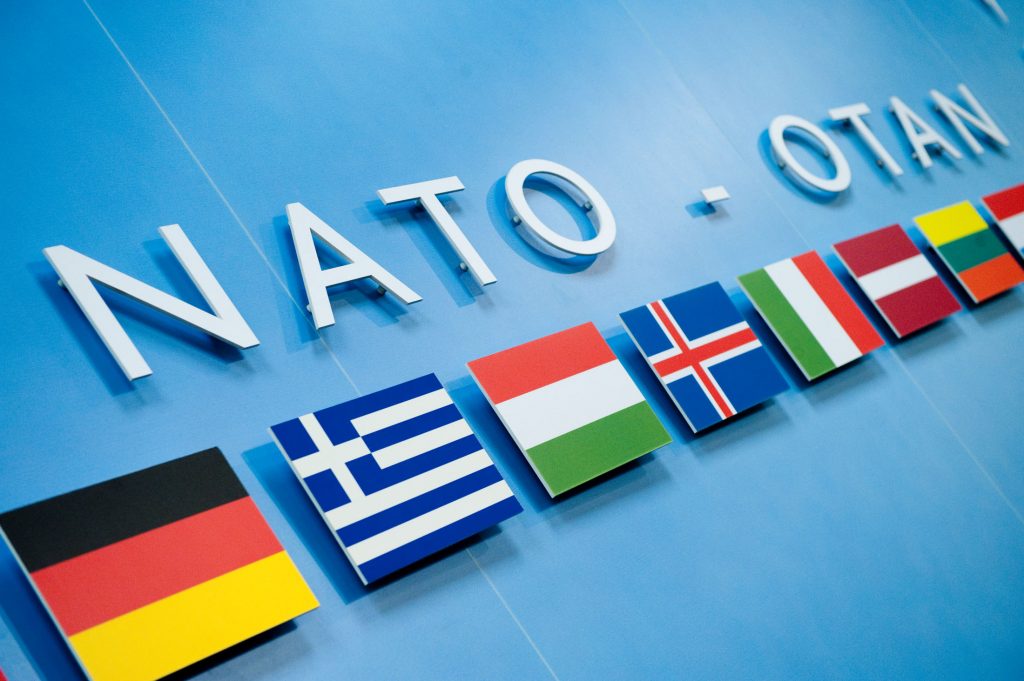
From Michael Clarke, Royal United Service Institute: Few dispute the assertion that NATO jets enabled Libyan rebels to come knocking on Qadhafi’s door in Tripoli. But as he falls, it will be difficult to avoid the conclusion that NATO emerges from this successful operation weaker than it went into it. . . .
The NATO-led campaign to protect Libyan civilians – and thereby becoming effectively the air arm of the revolution against Colonel Qadhafi – was always politically controversial. For that reason alone it was evident from the beginning that if it was not successful quickly, the campaign would not be judged successful at all. And after five and a half months, NATO and its allies can claim military success just about in time to avoid the tag of failure on the grounds that it all took too long. . . .
NATO analysts will take some heart from this. It is said to demonstrate President Obama’s new approach of ‘facilitating success’ rather than leading it; the European members of NATO have stepped up to do what was necessary; NATO again provided the military core for a wider coalition operation; and even the most sceptical observers could not deny that the rebel’s success was dependent on NATO destroying over 50 per cent of all the regime’s military assets.
For all the vindication that success provides, however – not least to British, French and American political leaders and the Secretary General of NATO for their commitment – it is difficult to avoid the conclusion that NATO emerges from this successful operation weaker than it went into it. The military operation itself created an image of NATO’s limitations rather than its power. . . .
All this can be interpreted positively in a military sense: that NATO has achieved some flexibility as an alliance and as a leader for broader coalitions and that it finds ways through the difficulties, ultimately to prevail. But NATO is more likely to be judged negatively in a political sense, especially in Washington. The Europeans could not get their act together in a convincing way, even over a comparatively small operation against a weak and crazy opponent. The greatest military alliance the world has ever known was made to look puny in what it could really deploy. Even with the US providing so many combat enablers, it should have been able to sweep Gaddafi’s 1970s, Warsaw Pact weapons and his badly organised army straight off the board; the British alone have attacked just on 900 targets since the start of operations, so why has the effect not been more obvious?; and so on. And the strain that this curious little war has already put on the forces of the most capable European allies – the UK and France – is a poor omen for the future.
When the policy elite in Washington speak about ‘NATO’ these days, they really mean ‘the Europeans’. That has been the case for some time now. And when they look at the Libya operation this week, they don’t see NATO’s canny adaptation and political guile at work so much as a laboured success that came just in time to save everyone’s blushes. NATO should think long and hard about this operation. Whatever it represents to the Libyan people, it may come to look like a tipping point in the transatlantic evolution of NATO.
Michael Clarke is Director of the Royal United Services Institute. (photo: NATO)
Image: NATO%203%2010%2011.jpg
